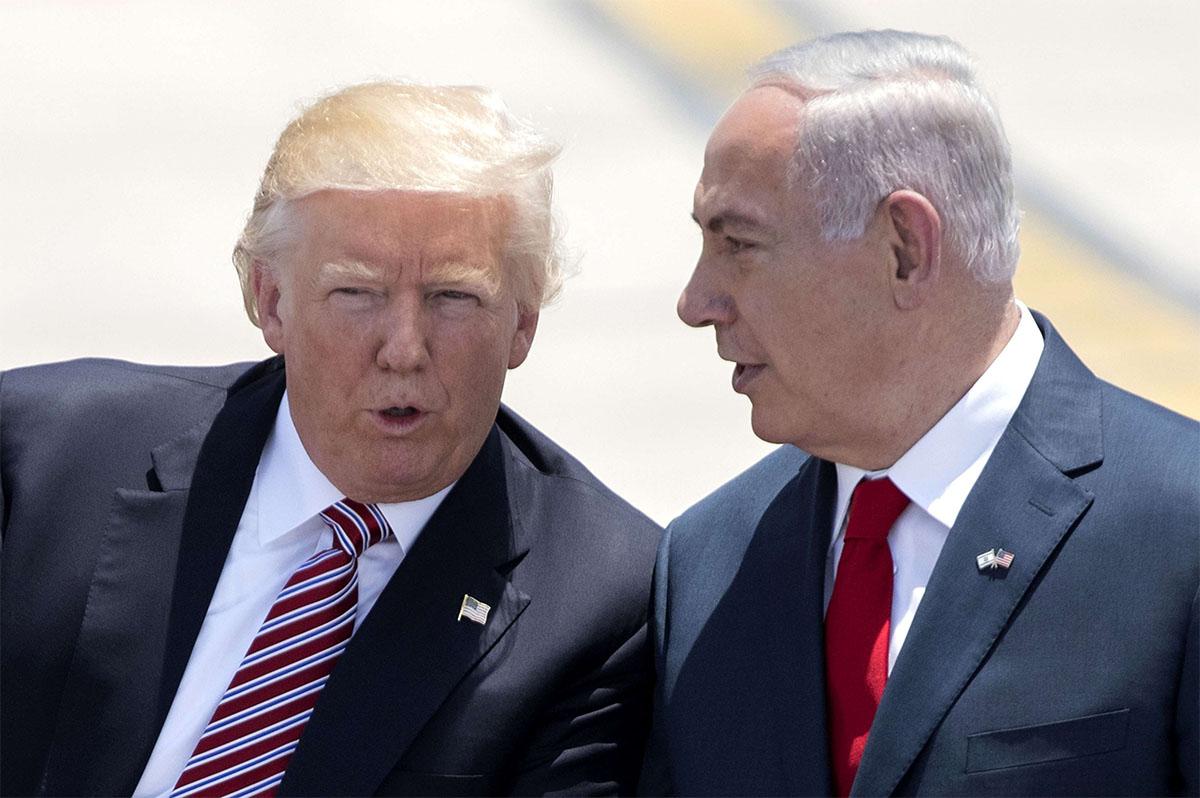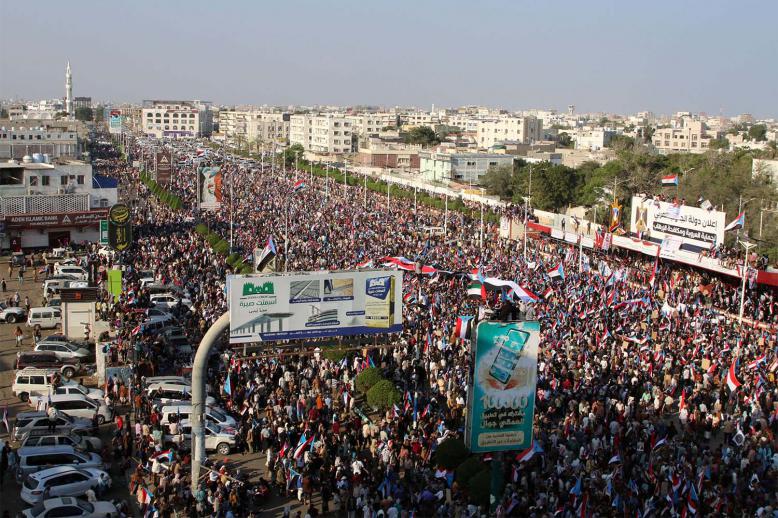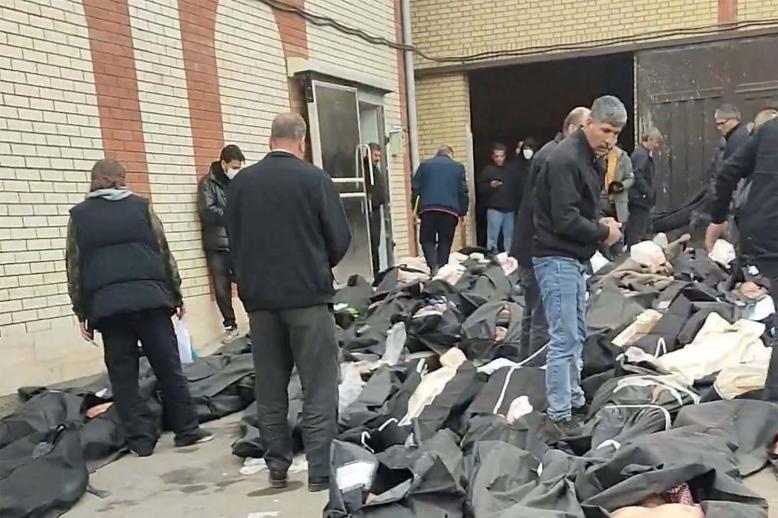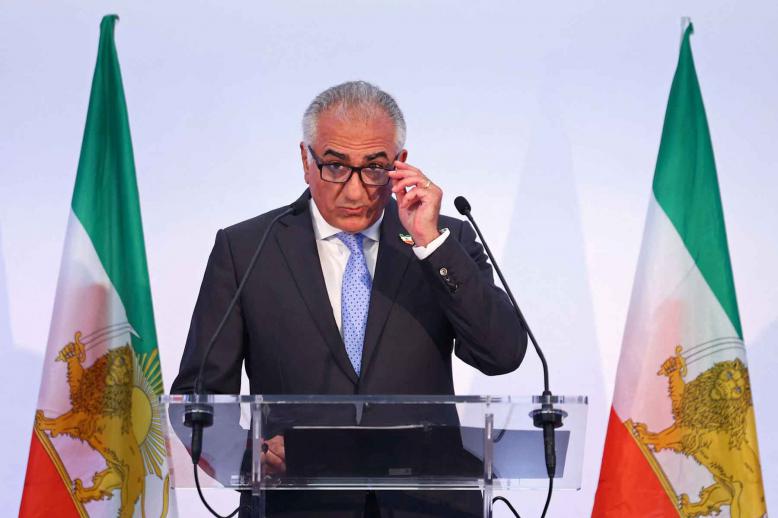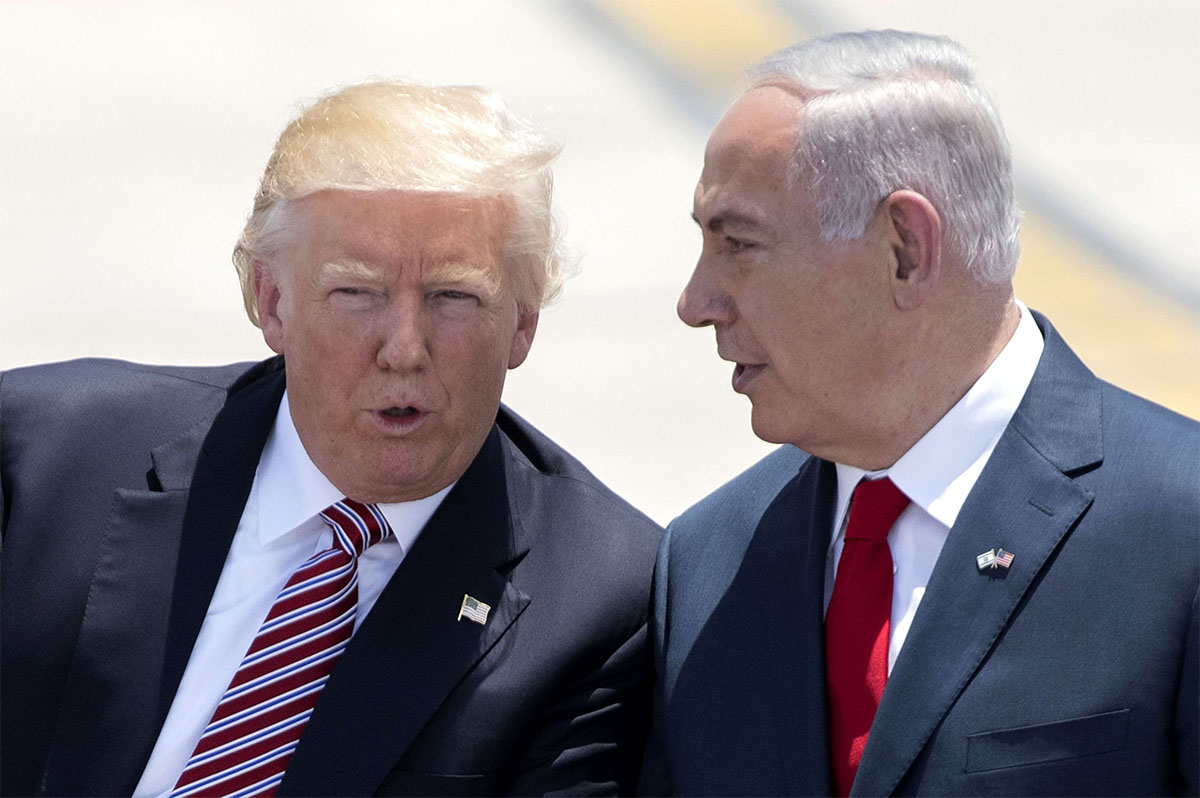Self-doubts further imperil ‘Deal of the Century’ despite economic focus
LONDON — The yet-to-be-announced US peace plan for the Middle East that is commonly referred to as the “Deal of the Century” appears to have suffered setbacks, prompting Washington to focus on the economic aspects of a possible Israeli-Arab agreement. Its expressions of doubt about the practicality of the deal are further imperilling the initiative.
The Trump administration is nonetheless pressing ahead with a US-led conference on the Palestinian economy, June 25-26 in Bahrain, despite Palestinian political leaders and businessmen declaring they would not take part.
The International Monetary Fund, the World Bank and the European Bank for Reconstruction and Development said they would attend the gathering, dubbed the “Peace for Prosperity” conference.
Regional support for any political measure that may be announced at the conference is already reserved. Saudi Arabia and the United Arab Emirates said they would attend the conference but they are unlikely to publicly endorse a political deal rejected by the Palestinians.
Statements from leaders at the Arab and Islamic summits in Mecca were univocal in their rejection of Washington’s stances on the occupied Palestinian territories and the Golan Heights. The leaders reiterated their support for an independent Palestinian state, with East Jerusalem as its capital.
Palestinian objections, Arab caution, European insistence on international conventions and the absence of an electoral mandate in the current Israeli government are not the only obstacles to the “Deal of the Century.”
Members of the Trump administration seem divided on the practicality of the plan.
Speaking in a private meeting with Jewish leaders, US Secretary of State Mike Pompeo gave a candid assessment of the plan. In an audio recording of the meeting obtained by the Washington Post, Pompeo noted that “one might argue” that the deal is “unexecutable” and it might not “gain traction.”
Pompeo acknowledged that “frankly, this has taken us longer to roll out our plan than I had originally thought it might.” He confirmed: “It may be rejected. Could be in the end, folks will say: ‘It’s not particularly original. It doesn’t particularly work for me,’ that is, ‘It’s got two good things and nine bad things, I’m out’.”
Such concerns were not expressed only by Pompeo.
“Prominent conservative and pro-Israel voices close to the White House are increasingly sharing their fears, which range from the possibility that the peace proposal could trigger violence to worries that its offerings could forever kill efforts to craft a two-state solution,” reported Politico.
“Many hoped the plan would get shelved even before the latest political turmoil in Israel prompted the scheduling of new elections in the fall. Now, some are going on the record to urge the Trump administration to set aside the plan indefinitely, even though few people have seen the closely held proposal.”
Recent statements by Kushner have raised eyebrows. The Palestinians, who have long accused Trump of siding with Israel at their expense, are likely to feel their position validated after Trump’s son-in-law suggested they were not yet ready to govern themselves.
“The hope is, is that over time, they (Palestinians) can become capable of governing,” Kushner told news site Axios. He said he was not concerned whether the Palestinians do not trust him. “I’m not here to be trusted,” he said.
In anticipation of the Bahrain “workshop,” Kushner recently concluded a trip to Morocco, Jordan and Israel — with an additional stop in Belgium to meet with European leaders — in an apparent bid to gain support for the conference but his shuttle diplomacy does not appear to have been fruitful.
The European Commission stressed in a statement that any US economic plan for the Palestinians must be accompanied by a “viable political solution that takes into account the legitimate aspirations of both the Palestinians and the Israelis” and added that it must also be in line with the accepted “international parameters.”
By insisting on international law, European powers reiterated their objection to the continued Israeli occupation of the Palestinian territories and to measures or policies that would entrench that occupation.
Israel, which is likely to attend the conference, expressed support for the involvement of US President Donald Trump aimed at brokering a future Mideast peace deal with the Palestinians. But the country is grappling with political uncertainty after the failure of Israeli Prime Minister Binyamin Netanyahu to form a government. A rerun of the Israeli elections is to take place September 17.
In the meanwhile, Palestinians see the “Deal of the Century” as promoting anything but peace.
“The Palestinian peace camp has to hope that the political complications that both Trump and Netanyahu face mean they’ll step away from the deal and that they can keep their camp alive until the scales of the peace process are balanced once again,” wrote Palestinian activist Muhammad Shehada in Haaretz.
Mamoon Alabbasi is Deputy Managing Editor and Online Editor of The Arab Weekly. You can follow him on Twitter @MamoonAlabbasi
Copyright ©2019 The Arab Weekly


